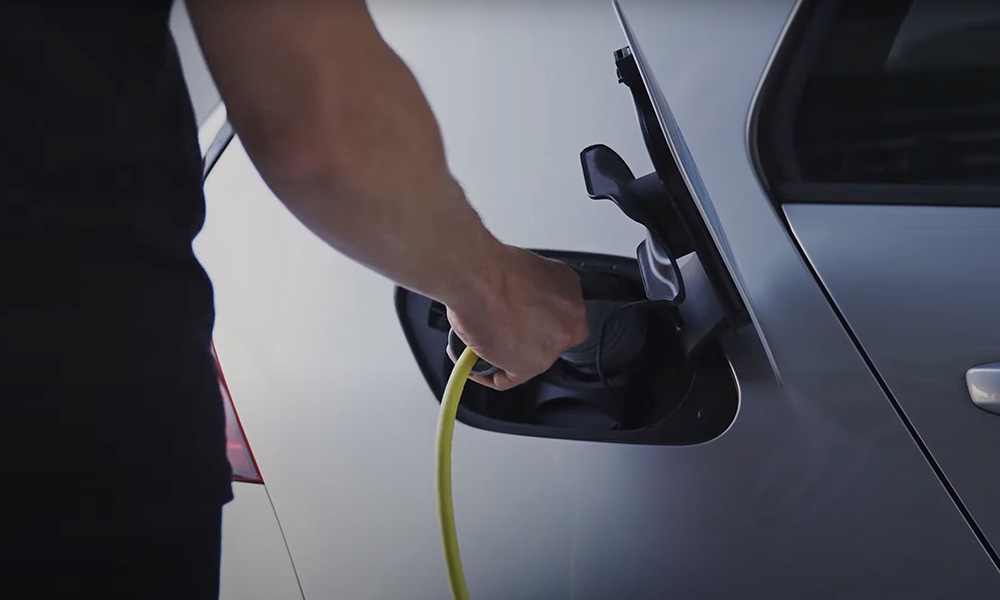
One of the biggest obstacles to the spread of electromobility is the time it takes to charge the batteries of EVs. A startup from Israel is now working on changing this by rolling out technology that allows drivers to add 100 miles (160km) of range in just five minutes. This would make refueling an electric car as quick as pouring dinosaur juice into a diesel or petrol vehicle.
StoreDot, the company behind the idea, wants to start series production of its new battery technology for “extreme fast charging” in 2024, and has now achieved another milestone on the way to achieving this.
The project, called “100in5,” uses silicon-based 300mm by 100mm lithium-ion pouch cells made by a partner company in China, and the setup recently completed 1,000 charging cycles in a production-ready format, according to the firm.
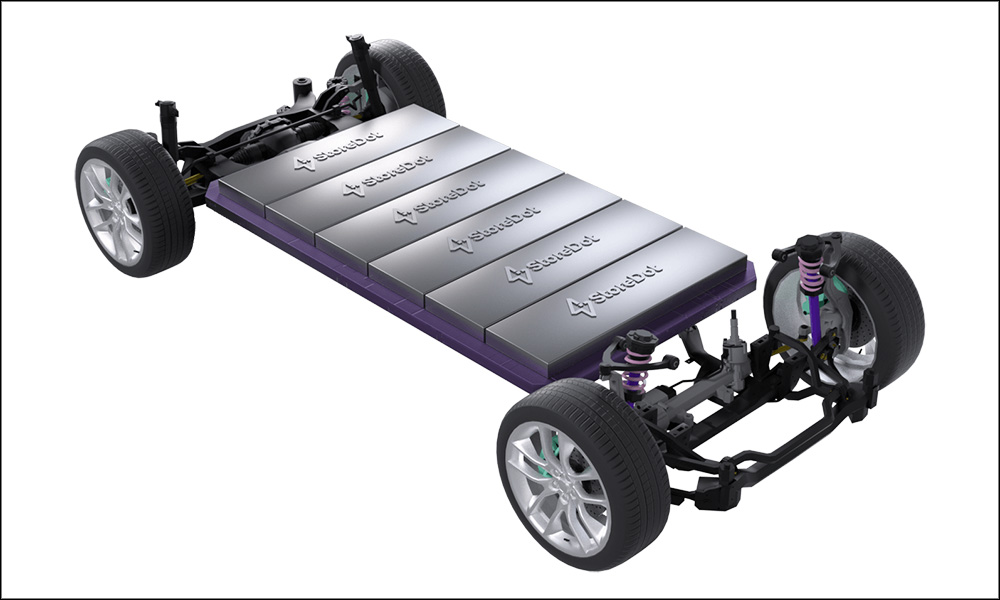
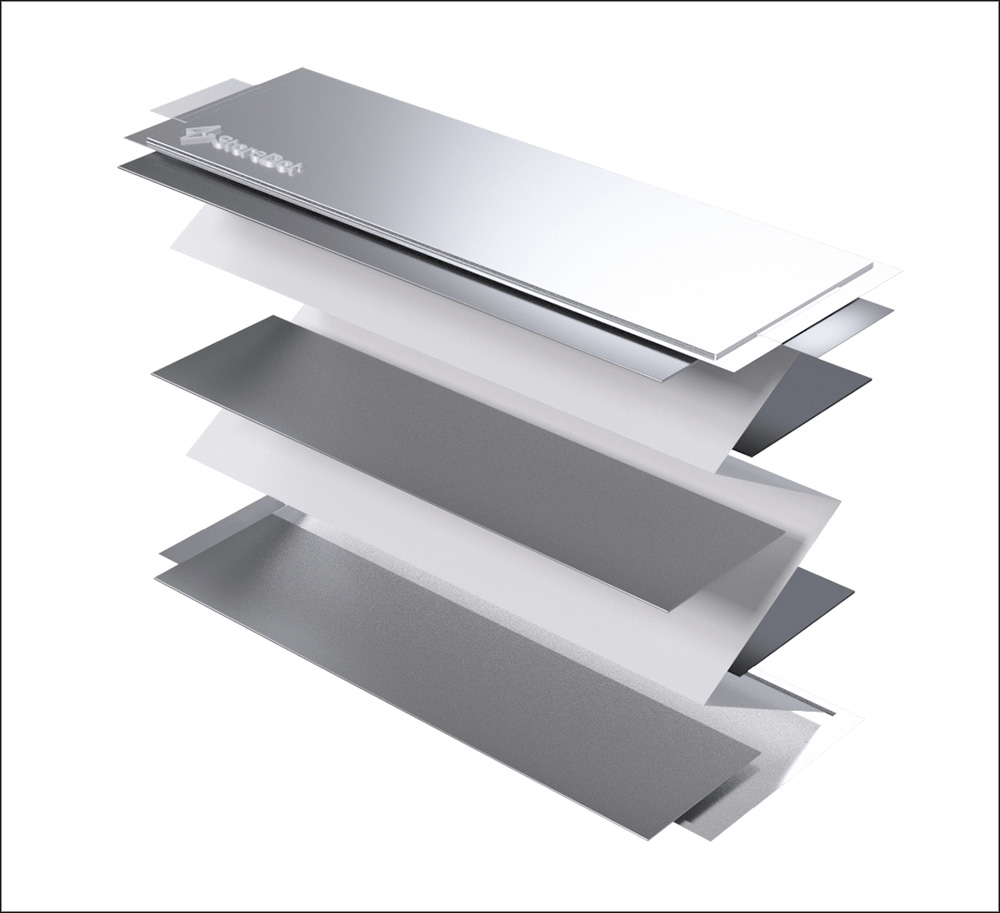
The batteries were repeatedly charged alternately for 10 minutes from 10% to 80%, and then discharged again for an hour. No deterioration was found in the first 600 cycles, and only after 1,000 cycles did the capacity drop to below 80%, according to StoreDot. The batteries that carry a very high energy density of 300Wh/kg or 700Wh/L are now to be delivered to automobile manufacturers across the globe for further testing.
Two months earlier, StoreDot had successfully tested prototype versions of the cells for more than 1,200 cycles of pure fast charging. The batteries were charged to 80% in 15 minutes, and then discharged for an hour. A long product life and good durability are important not only for their use in cars, but also for “second life” applications.
When an EV reaches the end of its roadworthy life, the parts are not simply thrown away. Instead, battery packs can be used as home energy storage or to facilitate network load balancing. The better the condition of the cells, the more useful they will be.
While five minutes to refill is already quite quick, StoreDot is aiming way higher, and the company’s road map wants to see charging times gradually decrease to just two minutes by 2032. The startup first presented its XFC (Extreme Fast Charging) battery technology back in 2021, and the breakthrough was achieved by replacing the anode’s graphite with metallic nanoparticles. The process should meet the highest requirements in terms of battery life, safety, and expansion of the battery pack once it hits mass production.
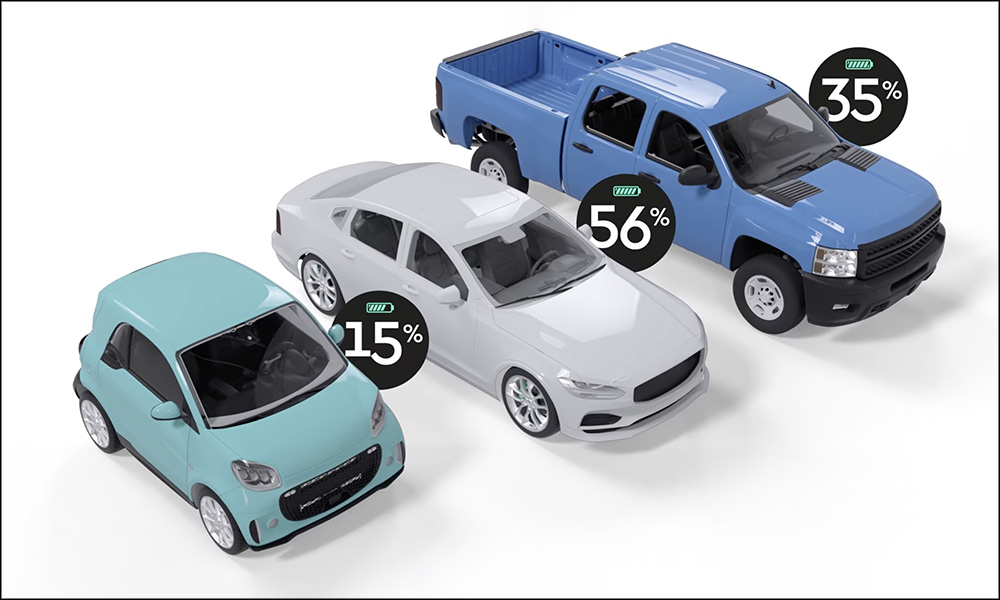
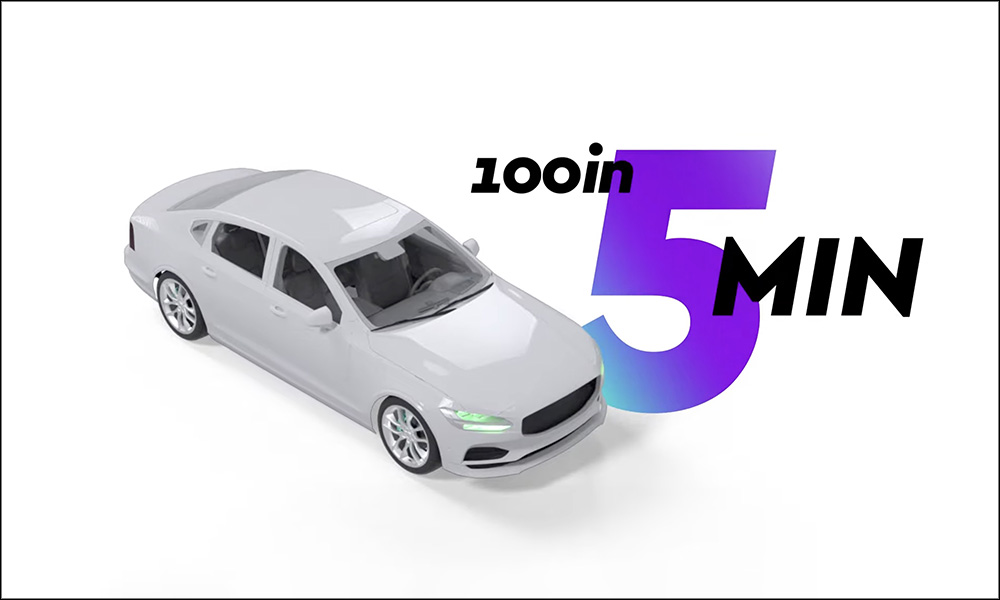
Firms like Daimler, BP, Samsung, and Volvo have already invested in the ambitious startup, and the current road map sees future charging times as 100in5 (five minutes) by 2024, 100in3 (three minutes) by 2028, and 100in2 (two minutes) by 2032. These three milestones will be supported by three different generations of batteries, with the current XFC versions being replaced by semi-solid and fully solid-state batteries along the way.
Solid-state batteries use solid electrolytes instead of the liquid or polymer gel ones found in current technologies such as lithium-ion or lithium polymer batteries. Once boffins have mastered them, solid-state batteries promise to be cost-effective while offering fast and safe charging with high-energy densities.


0 Comments